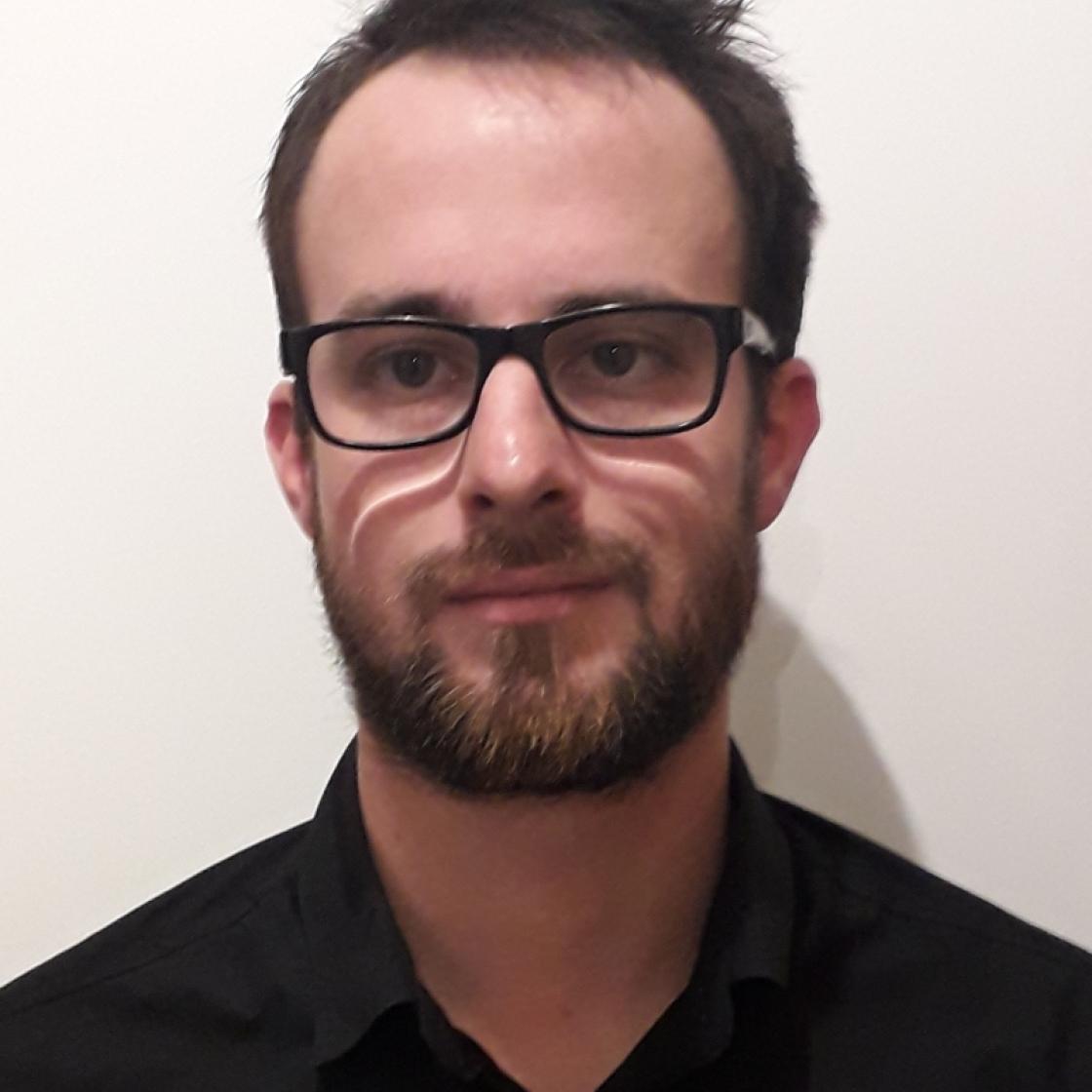
Ancien membre du laboratoire
General topics
Previous BOREA member
PhD subject: Impact of eutrophication on the capacity of mangroves to store carbon.
Global changes are known to have many consequences on ocean environments and in particular on coastal ecosystems under high anthropogenic pressures. Among these pressures, eutrophication caused by nutrient and/or sewage discharges is known to impact coastal wetlands, of where mangroves are found. Mangroves are one of the most productive ecosystems in the world and have an important function in mitigating global warming through their capacity to store carbon durably.
In this context, the objectives of my thesis are to characterize the effect of eutrophication on
PhD subject: Impact of eutrophication on the capacity of mangroves to store carbon.
Global changes are known to have many consequences on ocean environments and in particular on coastal ecosystems under high anthropogenic pressures. Among these pressures, eutrophication caused by nutrient and/or sewage discharges is known to impact coastal wetlands, of where mangroves are found. Mangroves are one of the most productive ecosystems in the world and have an important function in mitigating global warming through their capacity to store carbon durably.
In this context, the objectives of my thesis are to characterize the effect of eutrophication on
1: the origin (marine, continental or autochthonous & bacterial, algal, fungal or animal?) and the quality (refractory or labile) of the organic matter, its storage and use by consumers in mangroves;
2: on the functioning of mangrove estuaries by studying changes in microbial communities associated with mangroves and their impact on consumers;
3: on the dynamics of greenhouse gases (CO2 & CH4) in mangroves and their capacity to sequester CO2 on a long-term: increase in CO2 emissions or storage?
To address these issues, we will use biological (fatty acids & sterols) and isotopic (13C & 15N) tracers in combination with flux measurements (CO2 & CH4), microbial diversity studies (metagenomics) and deep sediment dating (14C & 210Pb). Sampling and field measurements will be conducted in the state of Rio de Janeiro (Brazil), which is why this thesis will be carried out in close collaboration with the Federal University of Fluminense (Rio de Janeiro, Brazil).

